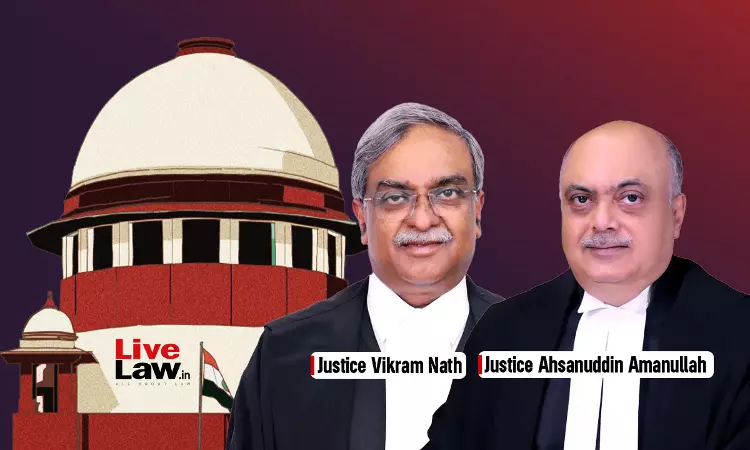Prior Executive Decision Doesn't Bar Legislature From Taking Contrary View : Supreme Court
Yash Mittal
20 July 2024 2:43 PM IST

Next Story
20 July 2024 2:43 PM IST
The Supreme Court observed that a person cannot claim any enforceable legal right based on an executive action that is later modified by the state legislature in the larger public interest.In essence, the Court stated that neither a right to legitimate expectation nor promissory estoppel can be asserted based on executive actions that the legislature subsequently changes in the...
